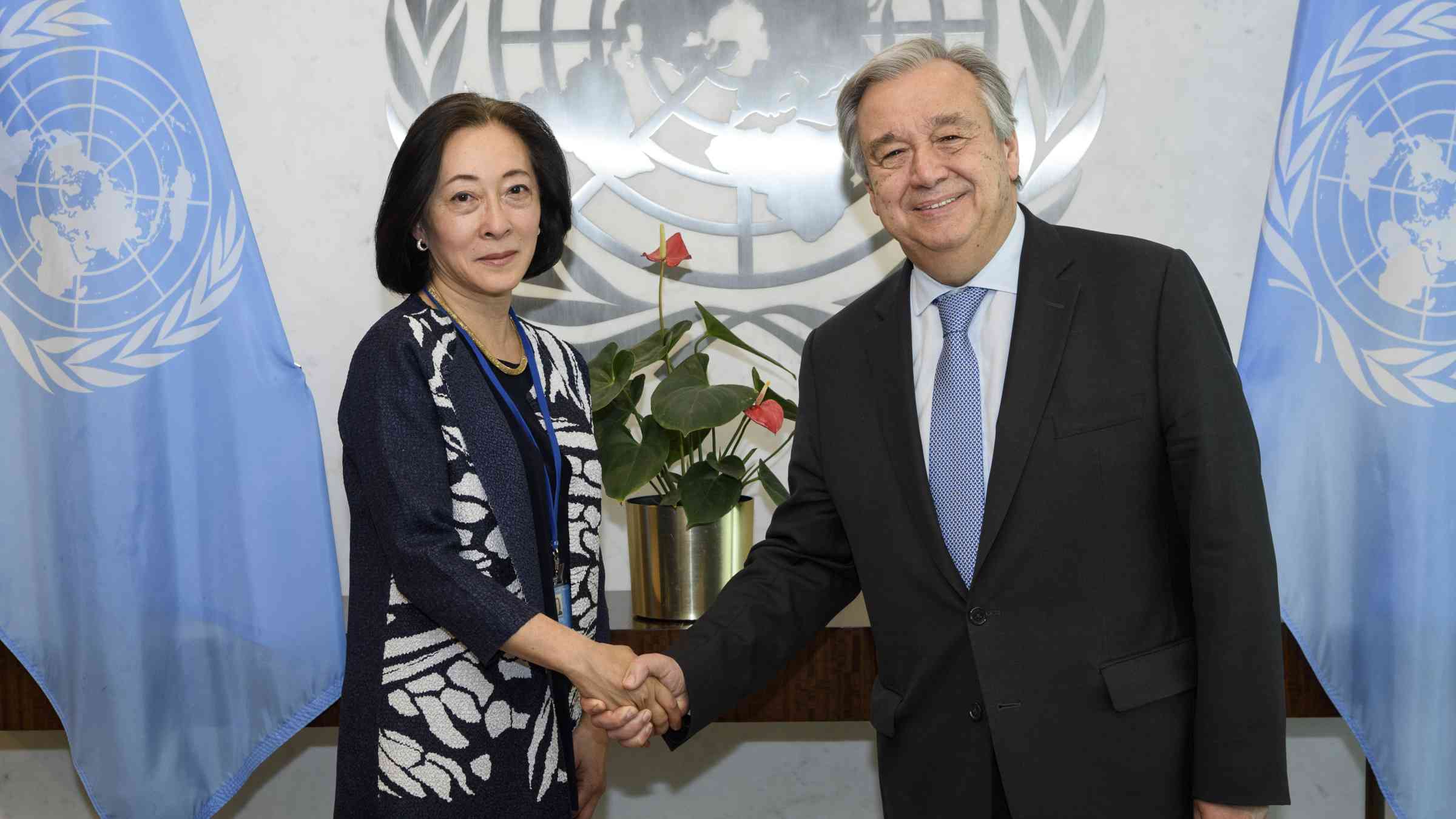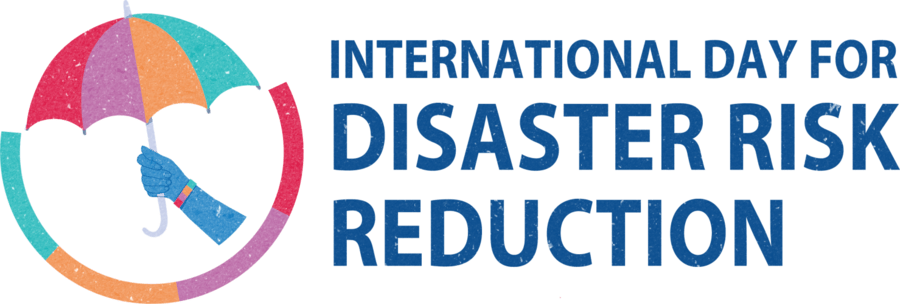Governance failure at heart of global crises

Changing the Trajectory:
Integrated Resilience Thinking and COVID-19 Recovery Towards 1.5°C
9:00 AM – 10:30 AM, 15 June 2020
Co-hosted by the Chair of the AOSIS Group, the Chair of UNFCCC LDC Group, and the International Federation of Red Cross and Red Crescent Societies (IFRC)
Following the news these days, we could get the false impression that climate emergency is no longer of great concern to the world.
COVID-19 is dominating the headlines.
This is understandable given the scale of death, infection and economic loss that coronavirus has inflicted, and continues to inflict, particularly on the most vulnerable countries, and the poor and the marginalized people.
Anyone concerned with disaster management can be forgiven for expressing their despair at the inadequate efforts made to prepare for this pandemic in many countries, despite countless warnings.
Unfortunately, we shouldn’t be too surprised, if we just think of the degree of negligence that we have been observing painfully on other issues of equal global magnitude.
There has been a distinct lack of action by many industrial nations on reducing carbon emissions to slow down global warming to meet the Paris Agreement target of 1.5˚C, again in spite of countess warnings.
Another global concern has come into sharp relief in recent weeks, due to the tragic killing of George Floyd, an unarmed black American by the police force.
The resulting worldwide surge of popular protest has brought the long-standing problems of racism and xenophobia into the public arena.
It has prompted the UN Secretary-General to initiate “an honest conversation” about racism within the UN.
Failures of governance at the heart of global crises are symptomatic of a long-standing failure by politicians and policymakers – and even our own communities - to invest in solutions which would address these global challenges.
And, let us make no mistake. These are not isolated phenomena.
Research carried out by the UN Office for Disaster Risk Reduction and partners confirms the systemic nature of disaster risk and how one hazard, whether natural or man-made, can interplay with another to produce cascading effects which are not always obvious to disaster management agencies.
We know for example that COVID-19 is contributing to human rights abuses against the vulnerable people, women, children and youth, migrant workers and others who have lost their economic lifeline.
Human dignity must be a key consideration when we think about resilience and how we recover better from COVID-19.
COVID-19 recovery provides an opportunity to rethink our socio-economic systems and build a future that is greener, more equitable and more resilient.
To address the systemic nature of risks revealed by the pandemic, we cannot work in silos. I am aware that we have been repeating this and finally Covid-19 has made it totally clear to us what are the consequences when we work in silos.
We must understand our risks and implement solutions reaching across sectors such as water, sanitation and hygiene; education; health and nutrition; livelihoods; child and social protection; shelter and housing; and public open spaces.
Disaster risk reduction, is the desired outcome of all the measures we can take to reduce loss of life, injury and displacement; damage to critical infrastructure and loss of access to basic services.
There is one crucial condition that must be met before we address any of the other drivers of risk, and that is good governance.
Sound and inclusive strategies for disaster risk reduction coherent with climate action can be the foundation for good governance in every country and every city. The Sendai Framework for disaster risk reduction sets a 2020 deadline to have such strategies in place in countries and cities.
I encourage the IFRC’s member National Societies to engage with their national Sendai Framework focal points to ensure that these strategies are robust, inclusive and far-reaching, and I would also like to encourage cooperation in supporting their implementation.
These strategies can help change our current trajectory by ensuring that resilience becomes the clear-cut standard for the COVID-19 recovery.
Failure to address global challenges starts at the national level with failures in governance, and without good and robust governance at the national level, cities and communities cannot avoid badly planned urban development or degrading ecosystems. And, this will in turn feed into deteriorating health, education, and greater poverty.
At this time when multiple disasters are hitting us simultaneously, let us reflect on how we can turn crises into a moment of opportunity towards a resilient future, where each and every individual and community is empowered and resilient.
Let us remind ourselves that we already have the powerful global guiding blueprints, the Paris Agreement, the Sendai Framework, the Agenda for Humanity, the New Urban Agenda, the Addis Ababa Action Agenda which all lead to achieving the SDGs.
These are all people-centred documents and agreements which are about our human rights.
We need to revive the spirit of 2015, recover better from Covid -19 and resume our journey towards 2030.
